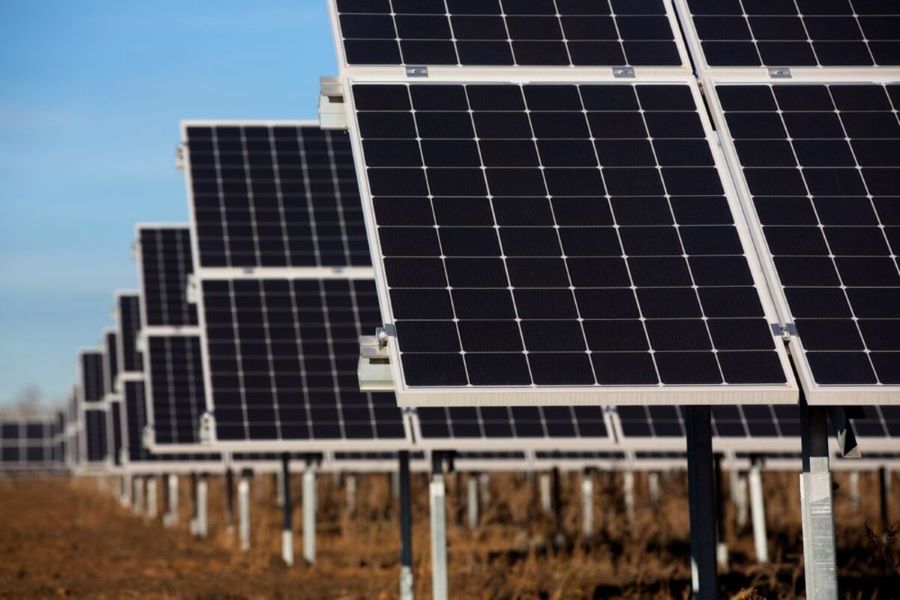Economy
Germany’s Solar Power Generation Surges to New Record
Germany’s solar power capacity has reached unprecedented levels, setting a new record as the country’s renewable energy sources increasingly replace more costly fossil fuels. According to data from the European Energy Exchange AG, solar production in Berlin peaked at an impressive 48,681 megawatts at midday. This remarkable achievement deviates from the usual pattern of solar records being broken in the spring. This period is typically characterized by optimal sunny conditions that do not adversely affect panel efficiency.
Unprecedented Summer Growth
The addition of new solar capacity across the country has driven this surge. The rapid expansion of solar energy, coupled with a sluggish recovery in energy demand following the recent energy crisis, has contributed to a shift in the energy market. Long-term contract prices for energy remain low because renewable energy options are increasingly replacing more expensive fossil fuel sources.

US Producer Prices Inch Up, Driven by Service Sector Gains
In June, the US producer prices edged higher, exceeding expectations, fueled by significant profit margin increases among service providers.
Price Implications and Market Dynamics
The increase in Germany’s solar power generation has significant implications for energy prices. On days with exceptionally high solar output, prices can even drop to negative levels. This occurs because the electrical grid must manage the surplus production, which can overwhelm the existing infrastructure. For instance, today’s hourly day-ahead auctions for Germany on Epex Spot SE recorded prices below €0 per megawatt-hour for five hours starting at 11 a.m. In contrast, the average day-ahead price for the same period was €71.62.
Future Prospects and Energy Transition
Germany’s solar energy reflects a broader trend in the global shift towards renewables. The country’s commitment to expanding its solar infrastructure helps to mitigate the impact of high fossil fuel prices. Additionally, it supports the transition to a more sustainable energy system. As Germany continues to invest in renewable technologies and manage fluctuations in energy production and pricing, it serves as a model for other nations. These countries aim to enhance their own renewable energy capabilities and reduce dependence on fossil fuels va.
Explore the vibrant realm of finance with subscriptions to WSJ and Barron’s. Get your first WSJ Print issue within three days, and enjoy digital access in just 24 hours. Tailor your experience, adjust delivery addresses, and enrich your financial knowledge with Barron’s weekly in-depth analysis. Stay ahead in finance with the combined strength of WSJ and Barron’s.

